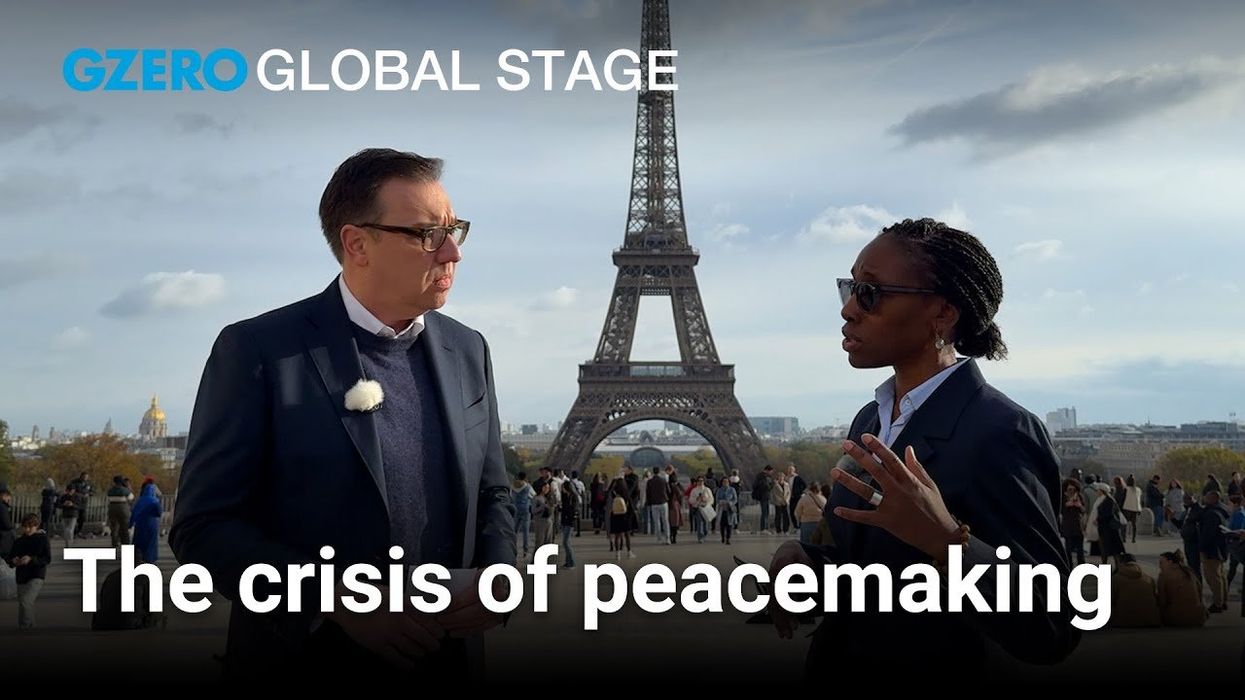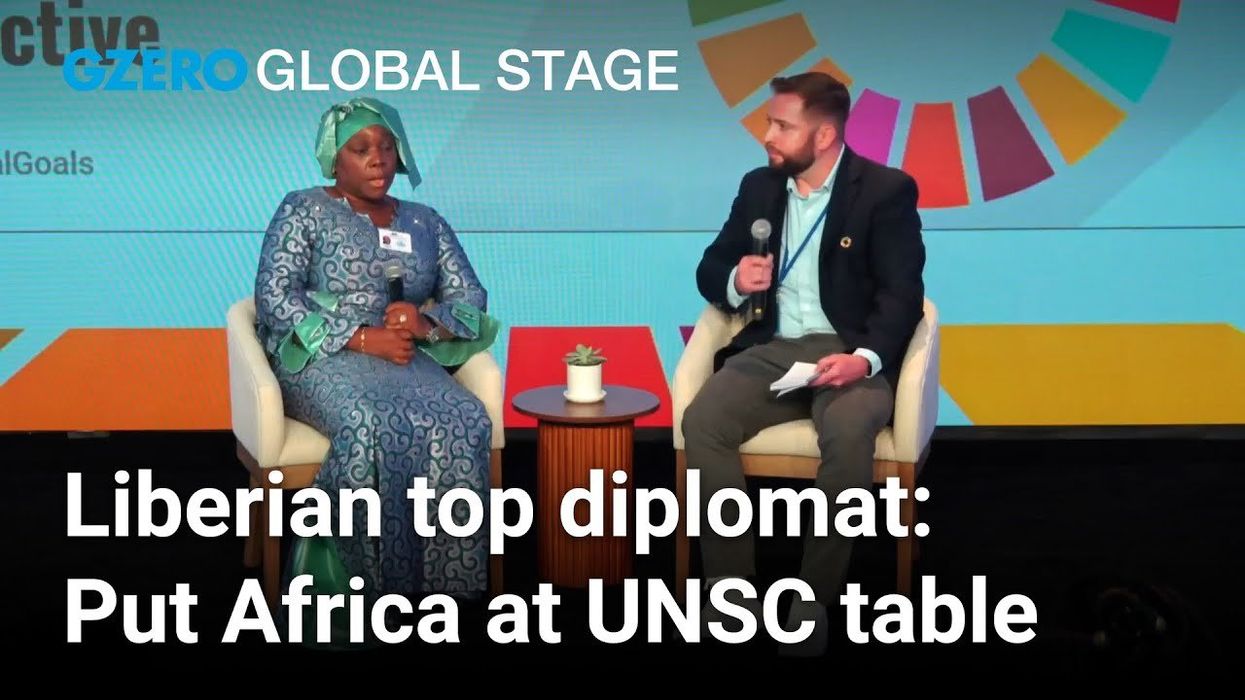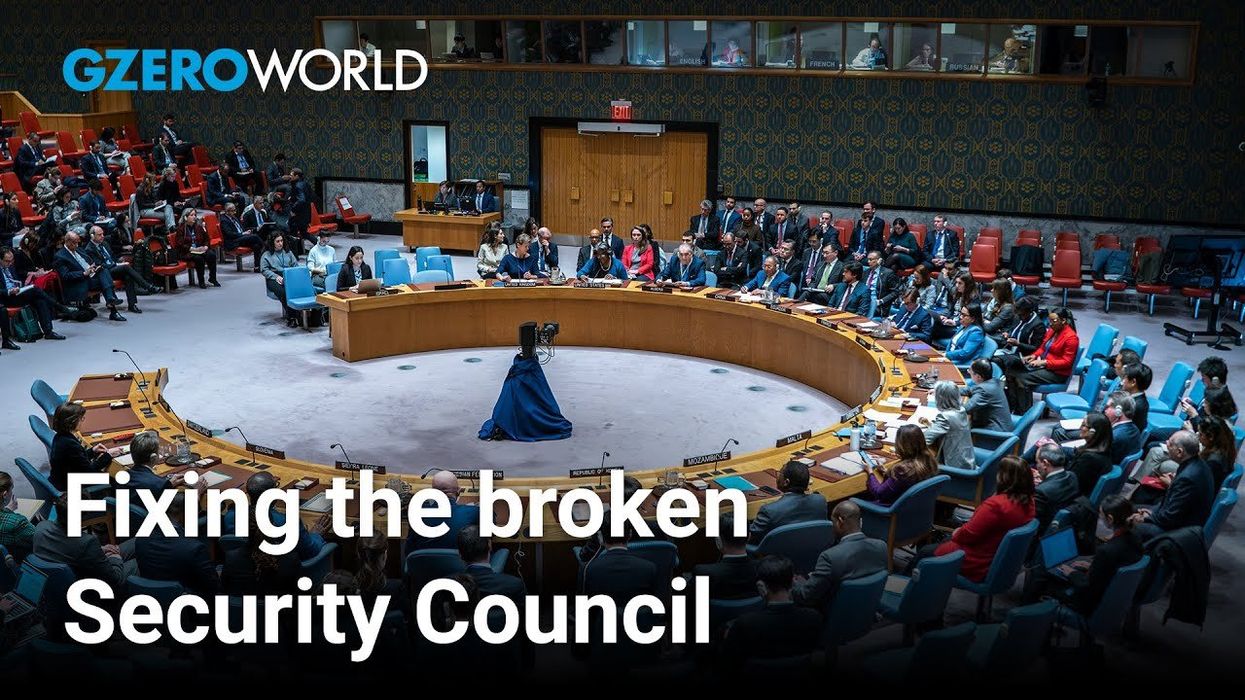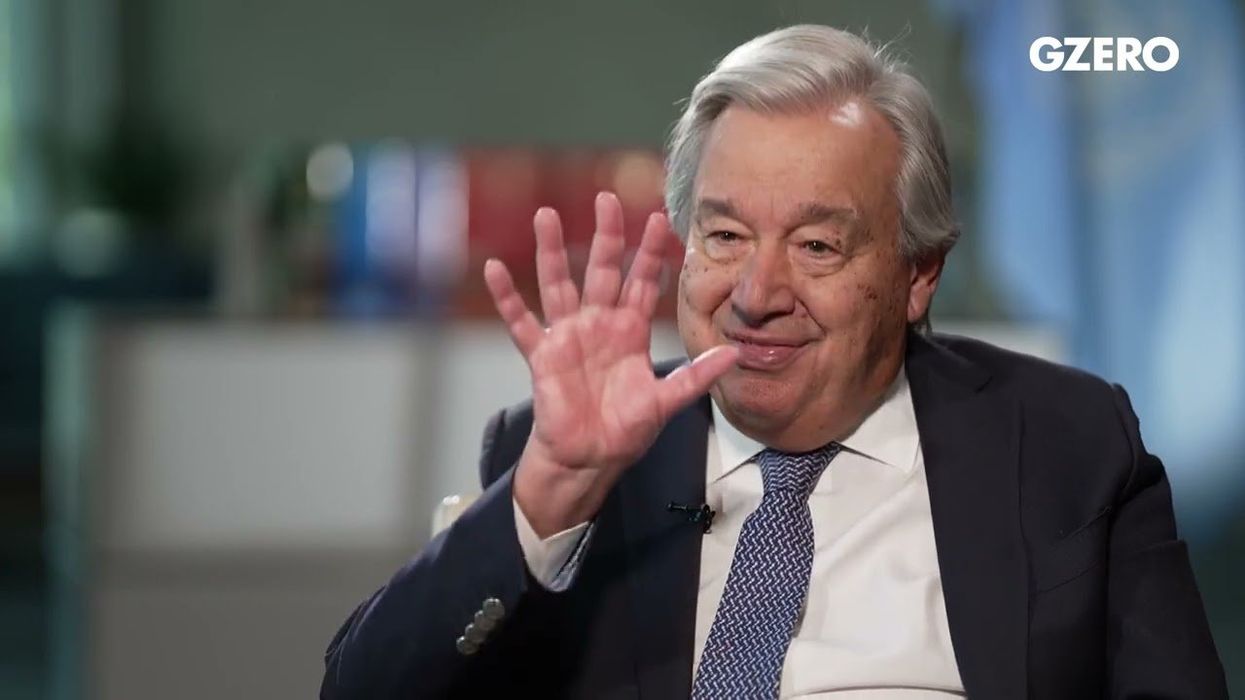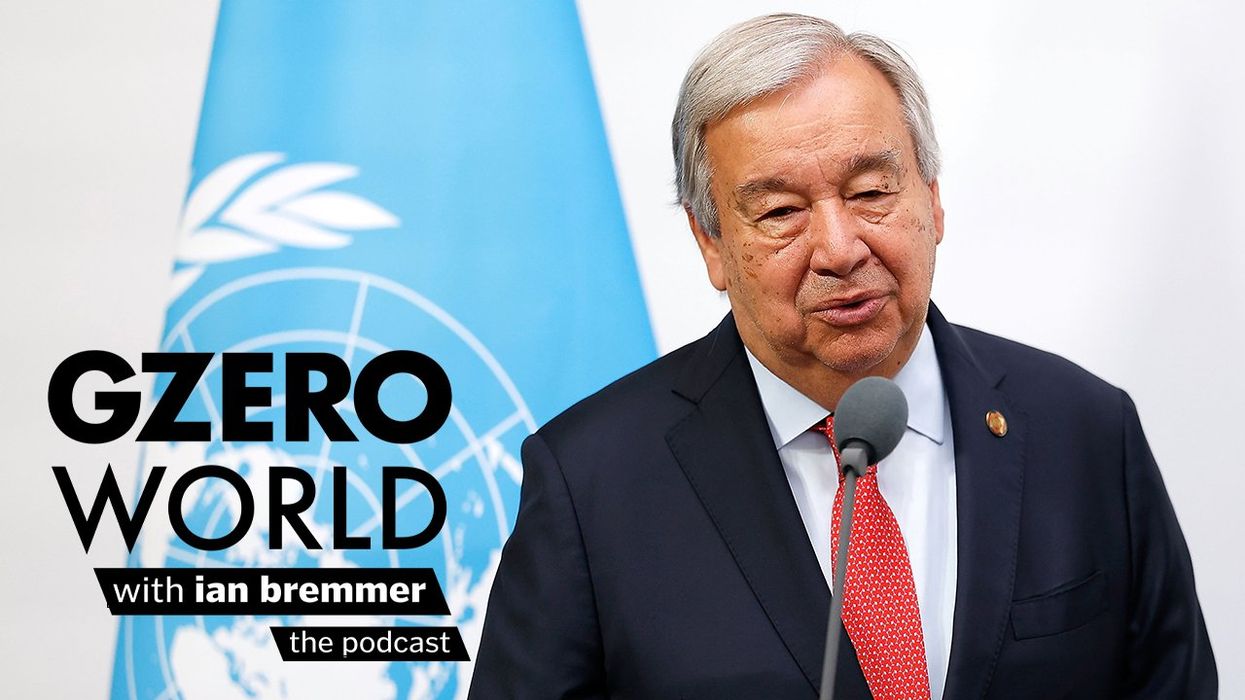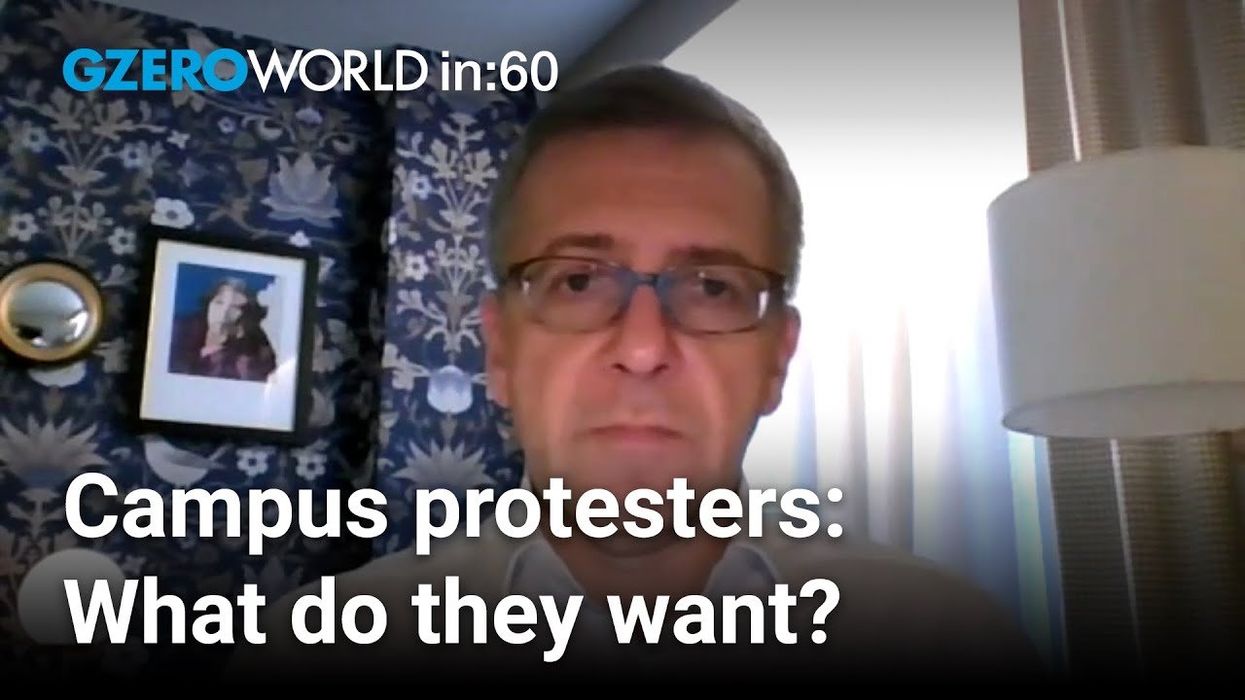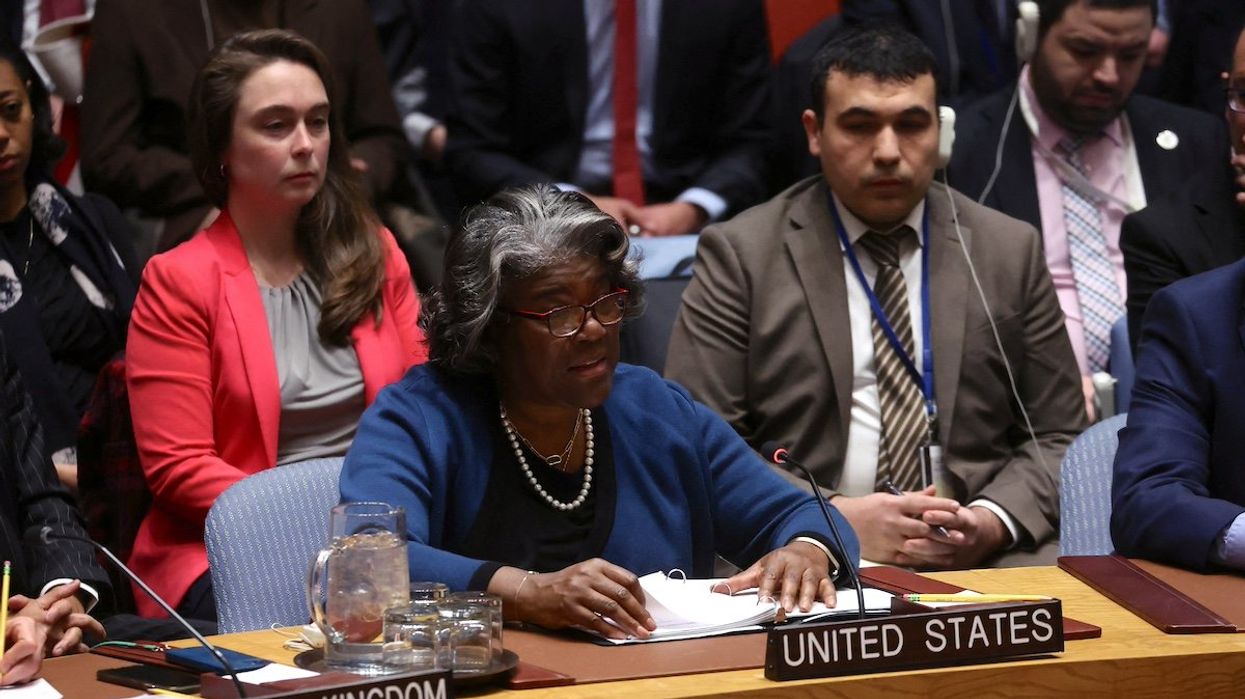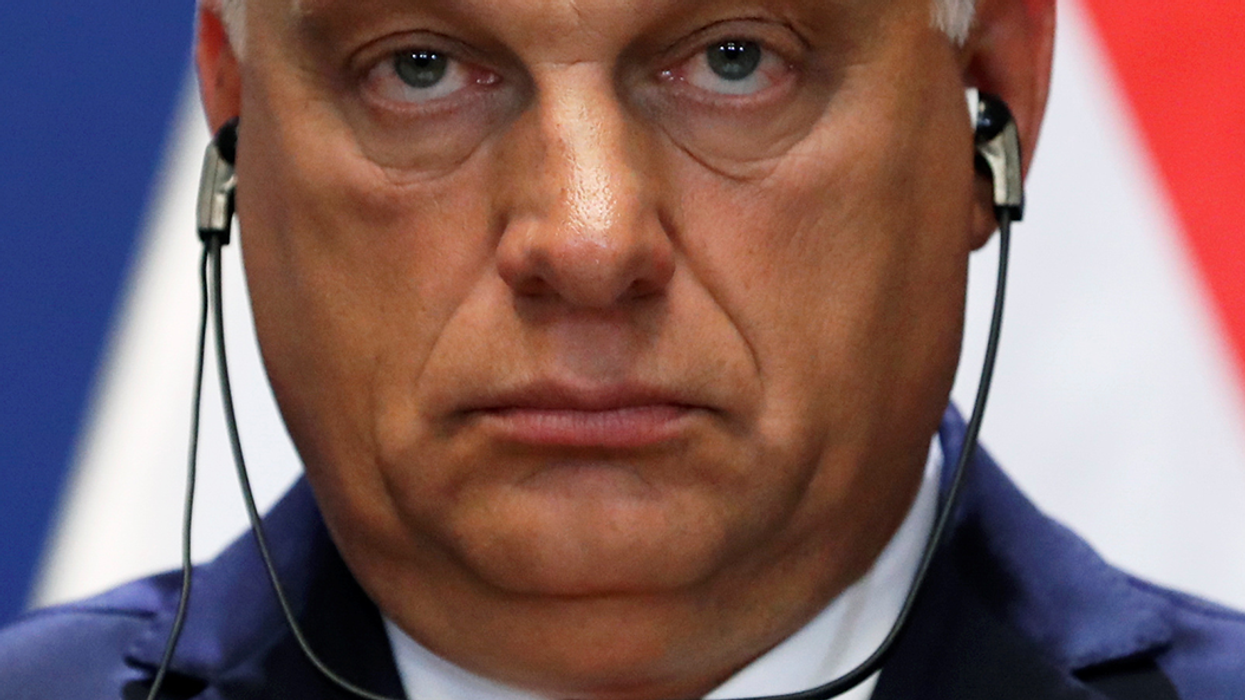Paris Peace Forum
The challenges of peacekeeping amid rising global conflicts
In a GZERO Global Stage discussion at the 7th annual Paris Peace Forum, Dr. Comfort Ero, President and CEO of the International Crisis Group, shed light on the increasing elusiveness of global peace amid rising conflicts worldwide. She pointed out a "crisis of peacemaking," noting that comprehensive peace processes and settlements have become rare, with the last significant one being in Colombia in 2016.
Nov 11, 2024
